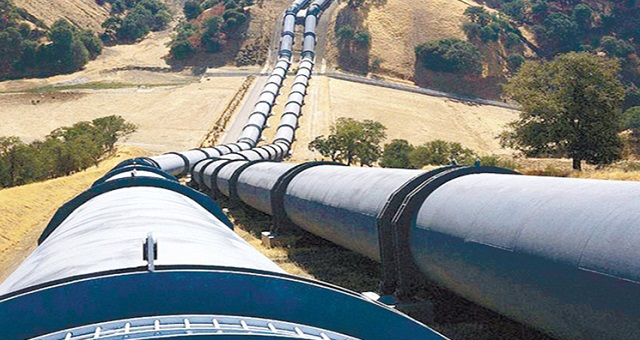
-
Published: 29 January 2022

The Russian gas supply to Europe is an important geopolitical weapon for the Kremlin, in order to expand Moscow's influence within Europe, which is under considerable pressure in the energy file.
Intermingling accounts for the European position on the crisis between Russia and Ukraine, perhaps most notably Russian gas, which supplies energy to the European continent, especially in the winter.
While the West stands against Moscow in the event of the invasion of Ukraine, and while the drums of war between the two sides ring against the backdrop of that crisis, the gas file confuses those European accounts; To rely on gas supplies from Russia.
On this complex landscape, many of the same questions arise; Among them is the extent to which Europe can bear the consequences of any sanctions (from the United States and European countries themselves) against Moscow in this context if it invades Ukraine.
What alternatives do the countries of the old continent have when Russian gas is cut off? Are those alternative options effective for Europe in terms of quality, cost and speed for gas supply?
Faced with that situation, the European Union, which relies on Russia to meet up to 40 percent of the gas supply, faces a real dilemma.
This is further complicated by differing attitudes within Europe itself towards the file. "Russian Gas," a striking reflection of the position on the Baltic Sea gas pipeline Nord Stream 2, which doubles the amount of gas from Russia to Germany, at a time when Berlin sees it as an economic project that is far from political under the pressure around it, despite the hints of Washington and Berlin that it will be disrupted as soon as Ukraine enters.
